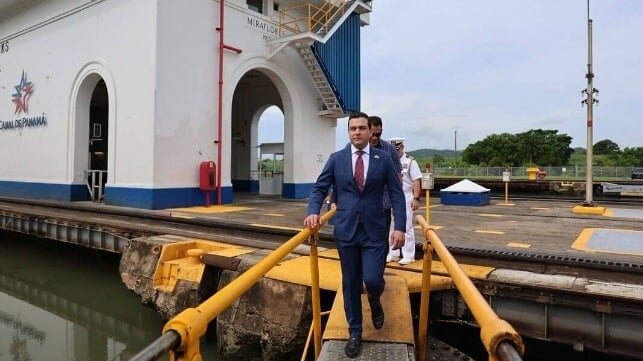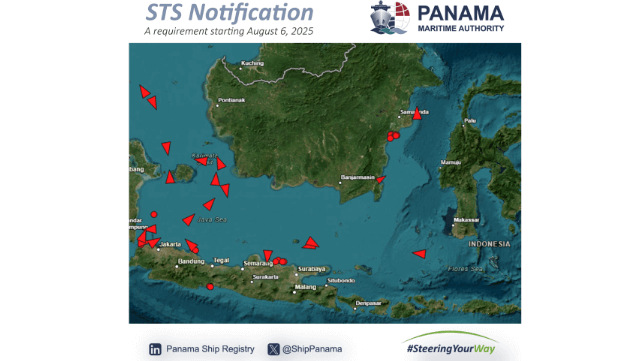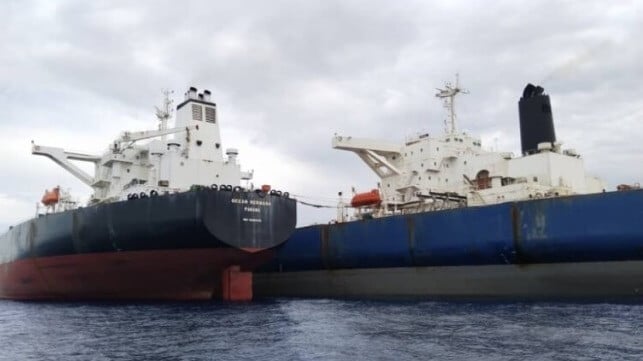I don’t know what word in the English language—I can’t find one—that applies to people who are willing to sacrifice the literal existence of organized human life … so they can put a few more dollars into highly overstuffed pockets. The word ‘evil’ doesn’t begin to approach it.
—Noam Chomsky
Unlike other historical periods of extreme wealth inequality, the added fact that our planet’s life support systems are currently being pushed toward a breaking point adds a new level of horror to current governance by the elites. As Chomsky implies, we need new words to describe our daily and worsening situation.
The short answer to Chomsky’s question is that these people, mostly oligarchs, are corporate economic terrorists, answering to no one as they are executing the suicide hijacking of the natural systems that pilot the planet Earth, in their quest to rule a now-burning planet of their own making. Operating mostly by stealth to keep fossil fuel king, their cumulative crimes over the last five decades amount to a mostly slow-motion, everyday reign of terror over the whole planet, punctuated by the turbo–charged, greenhouse gas-fueled, climate chaos of extreme weather events.
Exposing the Entrapocracy
Extreme weather terror, or turbochuggf*cks in the vernacular, is most recently evident in July 2025, in the human catastrophes caused by floods in Texas, New Mexico, and North Carolina, as well as in the heatwaves across Europe and around many other parts of the world that do not merit media coverage in the US. Increasing in number and intensity each year, such disasters are the sharp end of global warming, which is pushing the planet’s life support systems towards the brink of collapse. Crucial, but absent in most of the reporting of these disasters and climate change in general, is the role of the corporate-powered climate denial lobby in prolonging the shelf life of fossil fuels for decades beyond their sell-by date.
The most profitable business in the history of the world has leveraged its vast wherewithal to assume political, judicial, and cultural control of those human systems necessary to prolong its own primacy, by completely normalizing this insanity. In the face of now long standing near total agreement amongst climate scientists that as a global community we simply need to stop using fossil fuels, the fossil fuel industry seized control of the invisible hand to throttle dissent, whilst slamming down its invisible foot harder on the accelerator of increasing fossil fuel production, driving the planet ever closer towards the climate precipice.
Whilst mostly sticking to the shadows of their dark money universe, these corporate economic terrorists do have names, and they should be made to answer for their eco-cidal crimes. Best in Show corporate economic terrorist is Charles Koch, who pioneered in practice the now much-copied template for bending the US political system away from genuine democracy and towards authoritarianism, and, in his case, in favor of the bottom line of his personal economic agenda.
Koch stands head and shoulders above his peers as a key organizer in terms of coordinating billionaire “solidarity,” not least enabling allegedly competing brands within the fossil fuel industry to work in unison, if not direct collusion, to use any means necessary to prop up the fossil fuel oligopoly’s monopoly on how the planet is powered. Acting like a protection racket, this entrapocracy ensures that the general public’s subsistence needs are largely dependent on an infrastructure specifically designed for the exclusive use of fossil fuels’ key products, keeping us, the global citizenry, largely entrapped, often against our better judgment, but nonetheless hooked.
“Climate Homicide”
The fatal “side effects” of unregulated capitalism are long known. Back in 1845, Friedrich Engels formulated the concept of “social murder,” defining it as an unnatural death that results from social, political or economic oppression, “whereby the class which at present holds social and political control … places hundreds of proletarians in such a position that they inevitably meet a too early and an unnatural death,” precisely because of the unregulated dominating activities of the ruling class. Engels’s point wasn’t rhetorical. In 2022, a US worker was killed at work every ninety-six minutes, on average, according to records kept by the US Bureau of Labor Statistics.
Jason Hickel identifies a second era of horror unleashed on the Global South by corporate power mongers in the Global North as “colonialism 2.0.” Hickel calls the catastrophic harm to billions of people in poorer nations from the “excess emissions of a few rich nations” a “crime against humanity” and stresses that “we should have the clarity to call it that.”
A joint study by the Harvard School of Public Health and three British universities in 2021 found that 1 in 5 global deaths, or around 8.7 million people per year, can be attributed to fine particulate fossil fuel pollution. These deaths are on top of those directly resulting from turbochuggf*ck weather events.
In a 2024 journal article, published in the Harvard Environmental Law Review and covered by Common Dreams, David Arkush and Donald Braman describe the man-made climate crisis as not only “globally catastrophic” (as the fossil fuel industry has known for years) but also “climate homicide.” They point out that the oil majors have been “technically sophisticated enough to know that they could hide the harms they were generating from lay observers for decades, allowing them to earn trillions of dollars while researchers, activists, and regulators struggled to overcome the sophisticated disinformation and political influence campaigns these profits supported.”
Further, Arkush and Braman contend that, “The case for [climate] homicide prosecutions is increasingly compelling. A steady growth in the information about what [Fossil Fuel Companies] knew and what they did with that knowledge is revealing a story of antisocial conduct generating lethal harm so extensive it may soon become unparalleled in human history.”
Charles Koch inherited a fortune and then multiplied it many times over. Initially, in 1969, as a rookie CEO, he secured control of the Pine Bend refinery in Minnesota and refined the tariff-free, dirtiest of “garbage crudes” from the Canadian tar sands, to become the Koch cash cow for decades to come. Lee Fang described Koch Industries as a “pollution-based empire,” engaged in what George Monbiot and Peter Hutchison called the modern expression of capitalism’s essential DNA—colonial looting— which has made Koch the twenty-second richest man in the world today.
Toxic Business Activism
As if mirroring their extremely profitable and ever-expanding ventures of turning the world’s most toxic raw materials into sellable products, Charles Koch and his brother David pioneered an equally toxic form of business activism, which continues to push the planet to the brink of habitability and the US political system into authoritarianism.
In a 1974 speech organized by the Institute for Human Studies, Charles Koch praised the infamous Powell Memo, which urged business activism, but noted that it did not go far enough. Recommending a radical corporate libertarian vision for the country, where government only exists to oversee the police and the military in their duties to protect the private property rights of the elites, Koch envisioned a world where any taxes on elites amounted to theft, where the progressive reforms of the twentieth century would be rolled back, and where all regulations against corporate activity would be abolished. We can call this Koch’s Project 1974, and, some fifty years later, many of Koch’s wishes are being fulfilled by the second Trump administration in the form of Project 2025, which, of course, Koch himself partly funded.
The political machine he built to this end became known as the Kochtopus, for its multi-tentacled, democracy distorting, and unprecedented seizure of US politics. Call this Koch math, i.e., billionaires weaponizing what, for them, is chump change (the millions of dollars available from their tax evasion schemes) to secure billions of dollars in return in the form of further tax cuts, corporate perks, and government deregulation. Koch initiated donor summits in 2003, harnessing the undisciplined billionaire instinct of throwing money at causes and weaponizing its collective power in the form of what Theda Skocpol and her colleagues called a “donor consortia,” thus multiplying times over what good, old-fashioned, dirty oil money could buy in terms of actual political influence.
Couching the defense of fossil fuel in the broader realm of the conservative tent of rabid market fundamentalism, the Kochtopus became a toxic ideological engineering pipeline, pedaling this capitrickalist free malarketry from ideas generated by paid-for-professors and taught in funded university programs across the country; refined into policy proposals in conservative think-tanks and deployed in the real world in “scripts” handed to paid-for-politicians; all of which were distilled and seeded as invasive species of dominant narratives in the corporate owned media. The Kochtopus’s reach was further and uniquely magnified by the addition of astroturf boots on the ground, facilitated by paid-for-organizers, often graduates from the above network, with budgets leftists and progressives could only dream of.
Promoting Climate Denial
We now know that Big Fossil Fuels’ own scientists predicted, with remarkable accuracy, turbochuggf*cks and climate breakdown as a result of global warming all the way back in the 1970s. Koch was certainly privy to this insider knowledge at the time. By 1988, NASA scientist James Hansen had testified before Congress, putting the world on notice that global warming was real and was happening.
In response, Koch’s own Cato Institute hosted the world’s first climate denial conference in 1991, the details of which remained buried until Christopher Leonard revealed it in his 2019 book, Kochland. Fifteen years ahead of the Tea Party, Koch’s own free-market thought police, the fake populist Citizens for a Sound Economy, led the efforts to defeat the Clinton-Gore administration’s attempts to tax carbon. And the Kochtopus joined the industry-wide pushes to derail the Kyoto Protocol and to prevent Al Gore from becoming President in 2000.
Theda Skocpol and Alexander Hertel-Fernandez document how, by the mid-2010s, the Koch effect operated on the scale of a national U.S. political party … but despite its massive size, the Koch network is a leveraging operation—not a separate third party—because it is intertwined with (although not subordinated to) the institutional GOP … the Koch network operates as a force field to the right of the Republican Party, exerting a strong gravitational pull on many GOP candidates and officeholders. The overall effect is to reset the range of issues and policy alternatives to which candidates and officeholders are responsive.
In 2004, after Citizens for a Sound Economy underwent a rebranding, it emerged as Americans for Prosperity. During the Obama administration, the much expanded group bullied politicians, with the threat of primary challenges from the right, into taking a “climate pledge” that effectively flipped almost the entire Republican Party into the party of climate denial. By 2014, “only eight out of 278 Republicans in Congress were willing to acknowledge that man-made climate change was a reality.”
If all this were not enough, Koch’s key cognizant pre-meditated climate crime is the massive expansion of Koch Industries into frack-f**cking the planet. Its Corpus Christi refinery in Texas, which had focused on light oil refining, was ideally positioned to capitalize on the fracked oil boom of the early 2010s. Despite the well-established and public climate science that recommended remaining fossil fuel reserves stay in the ground, Koch doubled down on fracking, confirming his intentions to stay the course. Around this same time, Koch began trying to whitewash his own image using the smallest of his small change, as the Kochtopus used its massive wherewithal to continue to bully the GOP and the country towards the authoritarianism that would be essential to defending his businesses in the 2020s.
The Other DEI: Domestic Election Interference
Americans for Prosperity gloated over the recent passage of Trump’s Big Abomination of an Abysmal Bill, praising how it “unleashes American Energy” by reducing regulations and increasing tax breaks for the fossil fuel industry, oblivious as ever to the economic terror guaranteed by this implementation of this Project 1974 “economic freedom über alles.”
Koch has weaponized the template for the other DEI, domestic election interference, by billionaires. As Bill McKibben noted in 2016, the Koch Brothers may be “the most important unelected figures in American political history.” The strategies of political manipulation they pioneered have not only been adopted by conservative forces from The Federalist Society to AIPAC, but they also enabled the corporate coup d’état on full display at the 2024 Trump inauguration. The Koch brothers might have scoffed at Elon Musk wielding a chainsaw, but their concerted assault on the democratic process helped lay the groundwork for DOGE.
In late 2024, Connor Gibson and Robert J. Brulle, joined what is now a chorus of journalists and researchers who have exposed the Koch brothers as leaders of climate denialism, if not the scam’s leading perpetrators; yet when I play the songs from my Kochtopus’s Garden recording at shows and ask who has heard of the Koch brothers, very few people raise their hands.
Unable to let go, Charles Koch remains CEO of Koch Inc. Now aged 89, he’s likely to escape in death any punishment for his life of economic terrorism. In 2023, as an hors d’oeuvre for his undeclared plans for life after death, he bequeathed, tax-free, a record-breaking $5 billion to sustain the Kochtopus after his passing. For those inheriting the burning planet that is the Kochtopus’s Garden, documenting his crimes and stopping their daily recurrence is up to us—by dissent, by court cases, and by dismantling the corrupt, oligarchic political system Koch did so much to create.
This article first appeared in https://www.projectcensored.org/economic-terror-turbochuggfck-in-texas/
Danbert Nobacon, Chumbawamba alumni, lives in Twisp, WA. His most recent CD is Kochtopus’s Garden—Now That’s What I Call Capitalism—The Musical. He hosts The Mystery Motel radio show, playing music and talking about current events with his pals. He is writing a book with the working title, Kochtopus’s Garden—The Origin Story of the American Oligarchy and Its Idiot Plan to Rule a Burning Planet. Read other articles by Danbert. 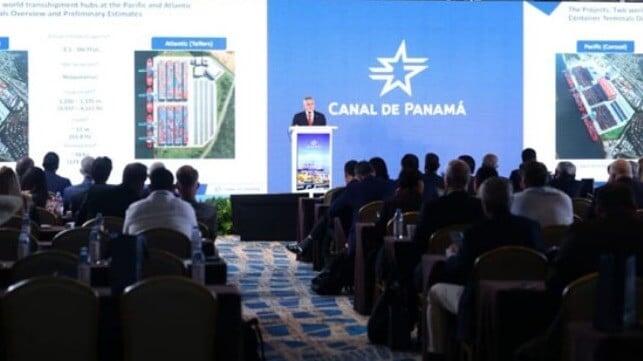
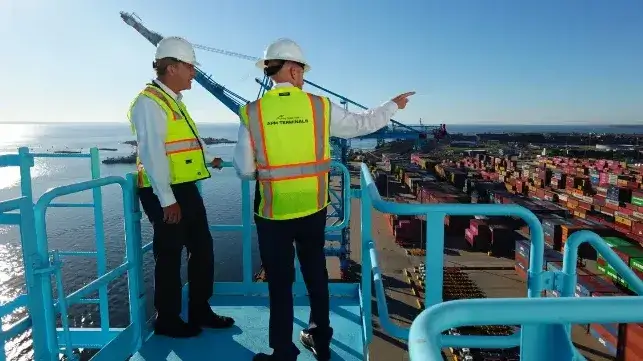
.jpeg)

